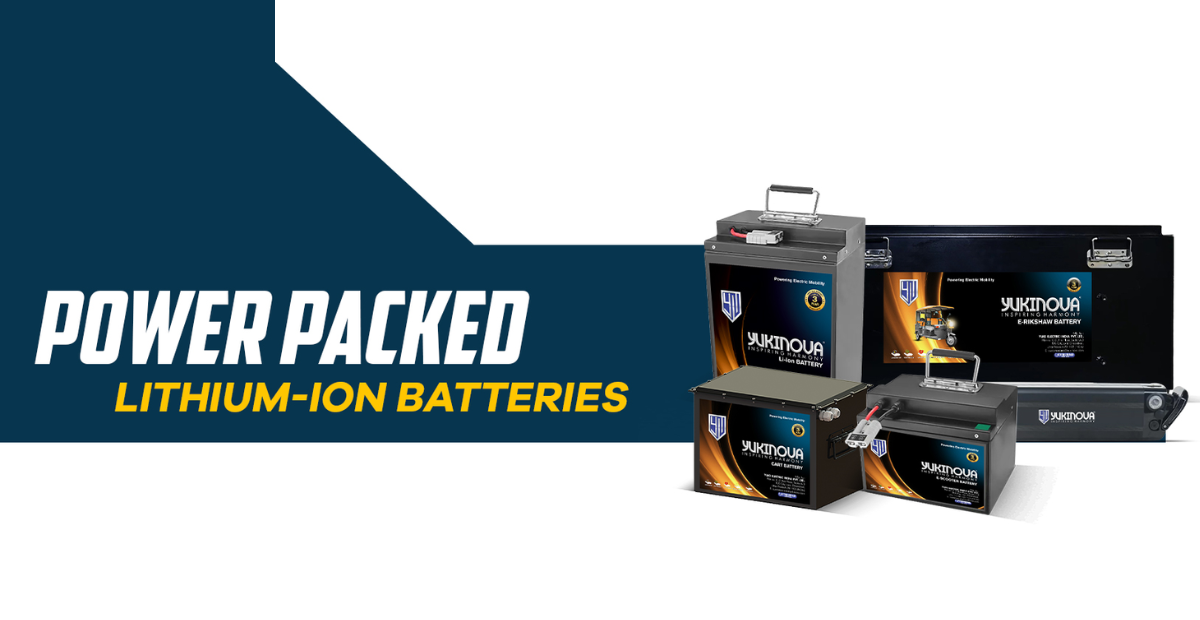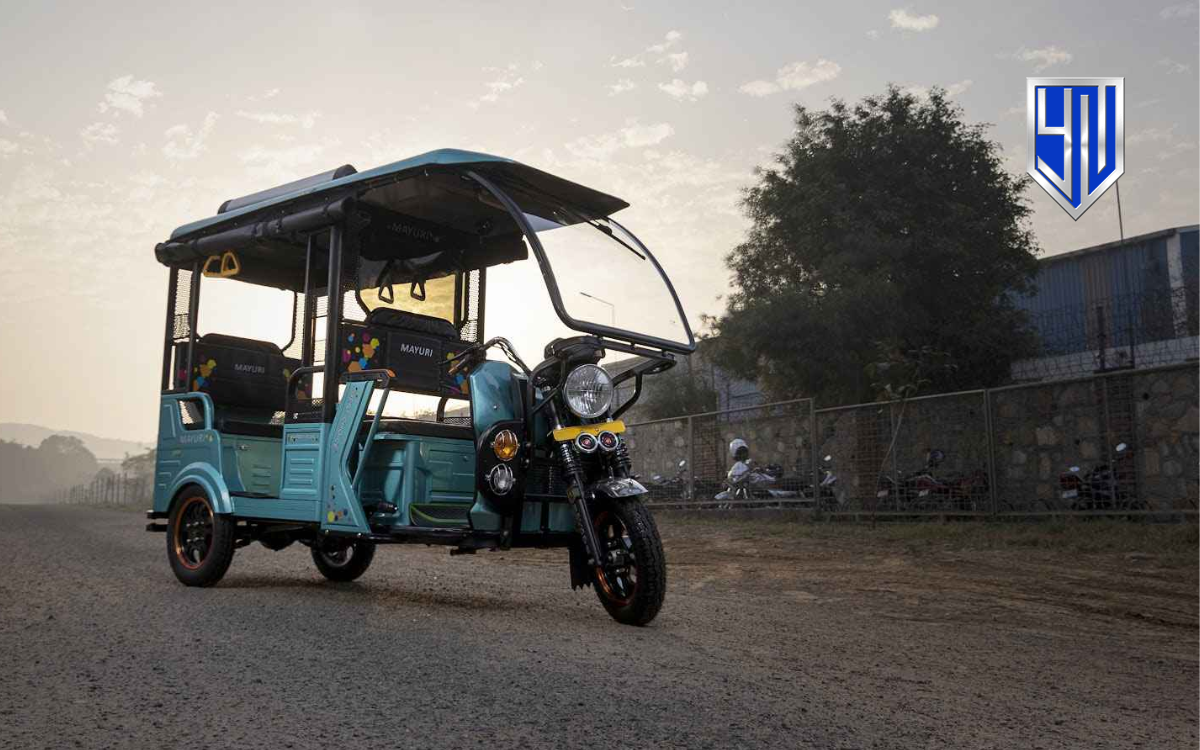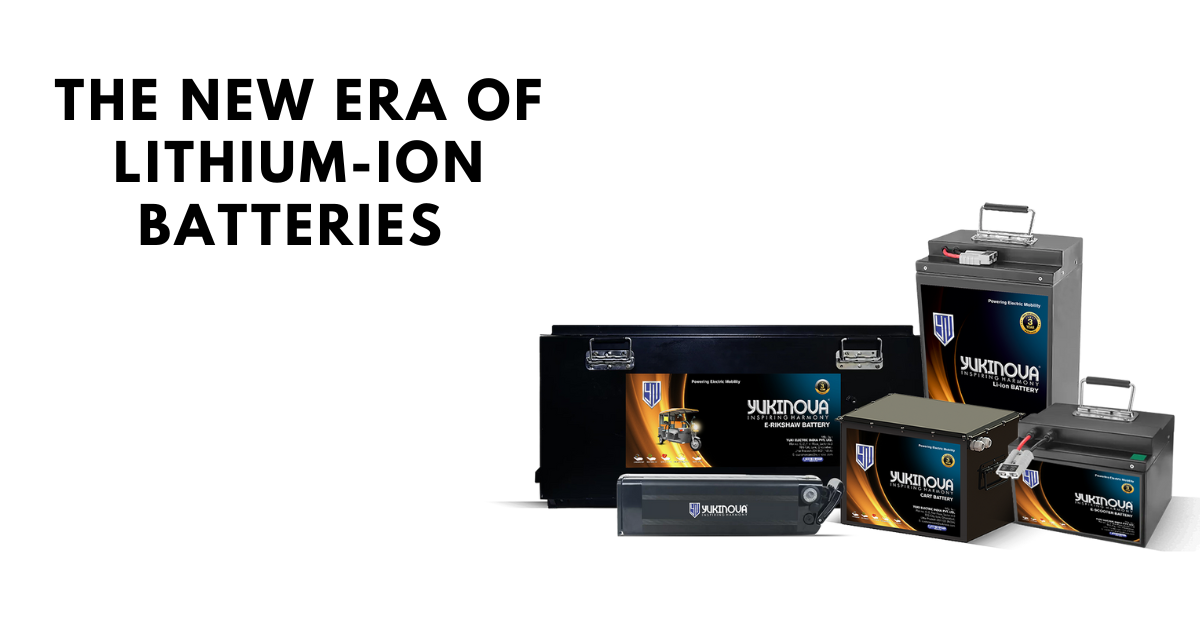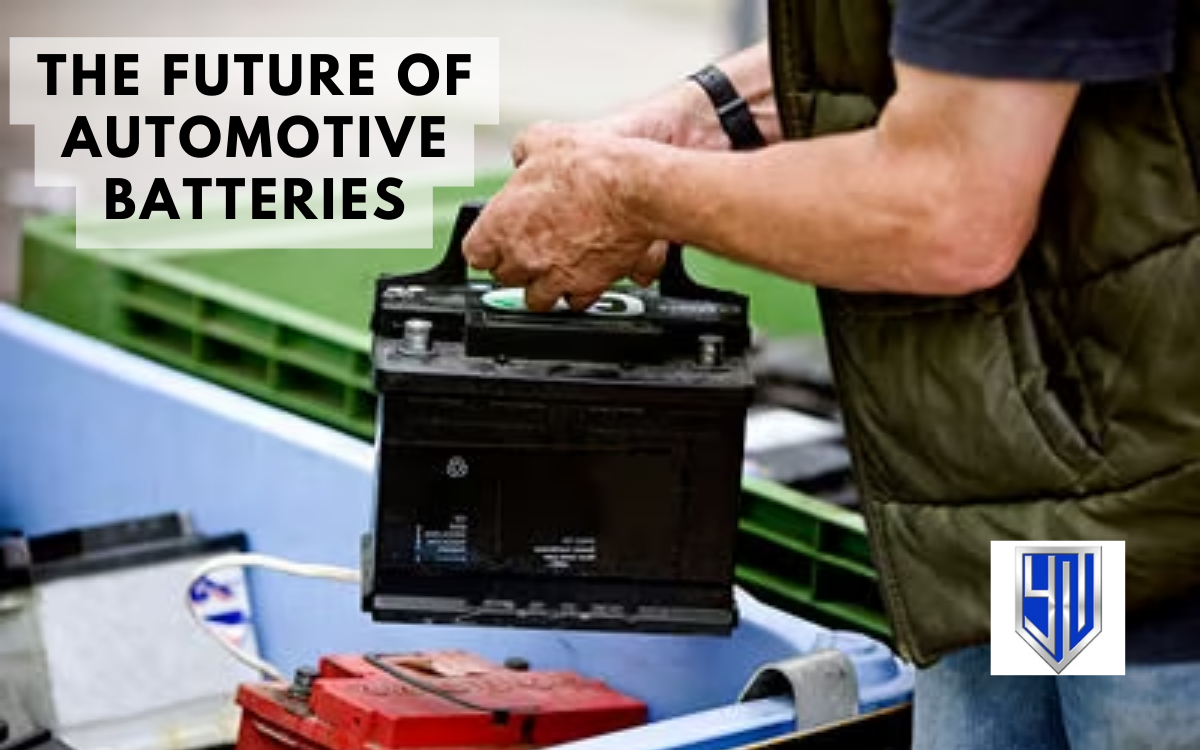Lithium-ion batteries are a ubiquitous power source, driving everything from our smartphones to electric vehicles. As these batteries become increasingly integrated into our daily lives, ensuring their safety and compliance with international standards is of paramount importance. In this comprehensive guide, we delve into the world of lithium-ion battery standards, safety testing, transportation regulations, storage, and responsible recycling and disposal practices.
1. International Standards
- Organizations Setting the Bar
Two prominent international bodies, the International Electrotechnical Commission (IEC) and the International Organization for Standardization (ISO), have played a pivotal role in establishing standards for lithium-ion batteries. These standards are designed to encompass various facets of battery life, from the design and manufacturing process to testing, transportation, and eventual disposal.
- All-Encompassing Standards
These international standards cover a wide range of aspects. They set guidelines for the structural design of batteries, ensuring that they meet specific safety criteria. Manufacturing processes are also closely regulated to minimize the risk of defects. Moreover, testing standards provide a comprehensive assessment of electrical, mechanical, and thermal performance. In essence, they establish a universal language for ensuring the reliability and safety of lithium-ion batteries across industries.
2. Safety Testing and Certification
- Rigorous Testing for Peace of Mind
Safety is paramount when it comes to lithium-ion batteries. These powerhouses undergo rigorous testing to assess their compliance with industry regulations and standards. These tests aren’t merely a formality; they are designed to ensure that batteries can perform as expected even under extreme conditions.
- Electrical, Mechanical, and Thermal Tests
Electrical tests evaluate a battery’s capacity, voltage, and charging and discharging capabilities. Mechanical tests assess the physical durability of the battery, ensuring it can withstand real-world use. Thermal tests examine the battery’s performance under extreme temperature conditions. These assessments help identify potential issues and weaknesses.
- Certifications Signify Compliance
Battery manufacturers often seek certifications like UL (Underwriters Laboratories) and CE (Conformité Européene) to demonstrate their commitment to safety and compliance. These certifications indicate that the batteries meet specific safety standards and have undergone rigorous testing. When consumers see these certifications, they can have confidence in the safety and quality of the product.
3. Transportation Regulations
- Stringent Regulations for Transportation
Due to the potential risks associated with lithium-ion batteries, there are strict regulations in place to govern their transportation. These regulations are vital for ensuring the safety of both those handling the batteries and the public.
- Packaging and Labeling Requirements
Regulations dictate the packaging requirements for shipping lithium-ion batteries. This includes protective measures to prevent short circuits or damage during transport. Proper labeling is also required to communicate the type of batteries being transported and to identify potential hazards.
- Documentation and Quantity Limits
Documentation requirements are in place to ensure that the batteries being transported are properly identified and documented. Additionally, there are restrictions on the quantity of batteries that can be transported in a single shipment. These restrictions help prevent accidents and limit the potential dangers associated with large quantities of lithium-ion batteries.
4. Storage and Handling Guidelines
- Preventing Accidents through Proper Storage and Handling
Proper storage and handling of lithium-ion batteries are crucial to prevent accidents and ensure their longevity. These guidelines are not only important for manufacturers and shippers but also for end-users who might have spare batteries for their devices.
- Optimal Storage Conditions
Lithium-ion batteries should be stored in cool, dry environments to prevent moisture from causing damage. Extreme temperatures should be avoided, as they can affect battery performance and lifespan. It’s also important to store batteries away from direct sunlight, which can cause overheating.
- Avoiding Physical Damage
Physical damage can lead to battery leakage or even fires. Proper storage includes ensuring that batteries are not punctured, crushed, or exposed to heavy impact. They should be kept in their original packaging or protective cases when not in use.
5. Recycling and Disposal
- Responsible End-of-Life Practices
Lithium-ion batteries, like all electronic waste, should be recycled or disposed of properly to minimize their environmental impact. These batteries contain valuable materials, and their improper disposal can lead to pollution and resource waste.
- Collection and Recycling Regulations
Many countries have regulations in place for the collection and recycling of used batteries. These regulations encourage consumers to drop off their used batteries at designated recycling centers or return them to manufacturers for proper disposal. Recycling helps recover valuable materials like lithium, cobalt, and nickel for reuse in new batteries.
- Environmental Responsibility
Proper disposal and recycling of lithium-ion batteries are not only a legal requirement but also an environmental responsibility. It prevents the release of harmful chemicals into the environment and conserves valuable resources. Companies and individuals alike play a crucial role in promoting responsible end-of-life practices.
In conclusion, the safety and compliance of lithium-ion batteries are critical considerations in our increasingly battery-dependent world. International standards, safety testing, transportation regulations, storage and handling guidelines, and responsible recycling and disposal practices are essential components of ensuring that lithium-ion batteries can power our devices and vehicles while minimizing risks to both people and the environment. By adhering to these measures, we can enjoy the benefits of this technology with confidence in its safety and sustainability.
Yukinova Battery is a renowned scooty battery manufacturer based in Bangalore, India. We take immense pride in producing high-quality lithium-ion batteries that meet international safety and quality standards. Our batteries undergo rigorous testing to ensure reliability and adherence to industry benchmarks. Yukinova Battery also emphasizes the significance of proper disposal and recycling to promote environmental responsibility and sustainability. With our commitment to safety, compliance, and eco-friendliness, Yukinova Battery has established itself as a trusted name in the world of lithium-ion batteries.






